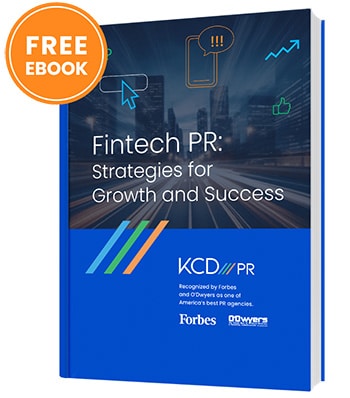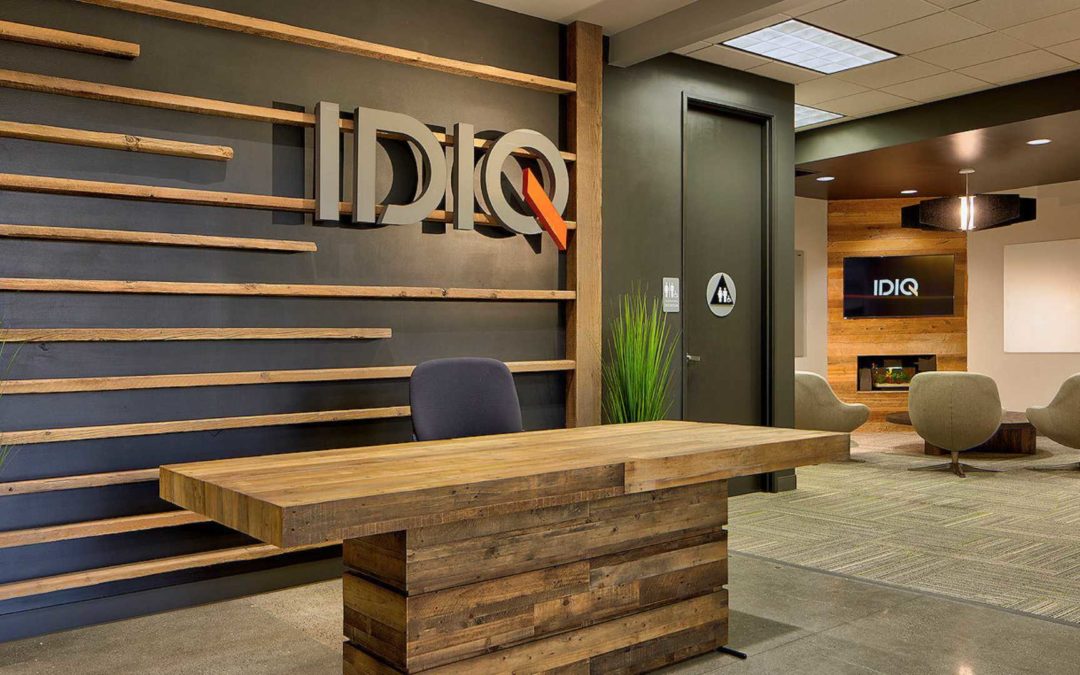The election is over, but its wide-ranging implications will affect nearly every business sector in ways that cannot yet be conceived. American Banker predicts that the incoming President could stifle fintech, yet Forbes’ “Fintech 50” list is so impressive that it’s hard to imagine the sector losing momentum. On the finance side, the DOL rule is likely to face challenges, but considering this year’s explosion of private equity fundraising, it might appear to some that Americans aren’t so drawn to investments that carry fiduciary obligations, after all. Has it been a week of wonders, or blunders? Too close to call.
What Will Become of Fintech?
American Banker points out that Donald Trump’s stunning upset in the presidential race on Tuesday is likely to embolden his followers to push for changes to “net-neutrality” Internet laws that could significantly alter how financial technology is conceived, built and delivered to market. These laws will disproportionately affect emerging fintech firms, a large portion of which rely on open source development or technology toolkits. Walking back on net neutrality could increase hosting costs, resulting in fewer open-source options and centralizing innovation around larger companies that can afford the extra fees.
The Fintech Hit Parade
Seriously, though, as it stands, the fintech sector isn’t slowing down. Forbes’ second annual list of the “Fintech 50,” a ranking of the small financial technology firms that are “destined to have a big impact on your financial future and possibly upend your portfolio,” reads like a laundry list of solutions to all the world’s money woes. Fintech venture investment is up to 18.9 billion, an increase of $1.3 billion from this time last year. Would you trust a robot to manage your money?
To DOL, or Not to DOL
With Trump named the nation’s President-elect, InvestmentNews reports that the much-debated Department Of Labor (DOL) Fiduciary rule could be repealed in coming months. This issue appeared on Trump’s radar during the campaign, and many in the financial services industry are actually hoping this puts the rule “in play.” No one knows which way the rule will go, and nothing will happen in the next few weeks (or even until Q1/Q2 2017), but we predict that the anticipation will only incite speculation.
Private Equity Set to Soar
Private equity assets under management have increased to $4.3 trillion from a mere $30 billion since 1992, according to today’s Forbes report. If current trends hold, 2016’s private equity fundraising pace will surpass investment in passive products (such as stocks) to produce the biggest year ever for funds, with some $691 billion collected. On October 26, during Carlyle Group’s third quarter earnings call, Co-Chief Executive David Rubinstein announced that the firm aims to raise $100 billion over the next four years. Rubinstein’s statement roused skepticism in some circles that aren’t familiar with private equity, but we know better.






